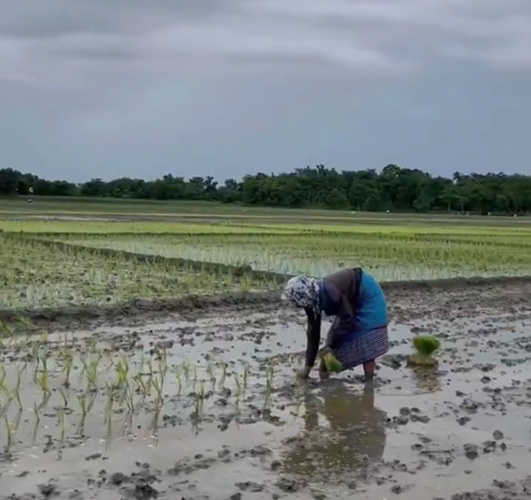Mumbai: More than 50 lakh farmers across India have become shareholders in farmer-producer organisations (FPOs) over the past five years, with the Centre’s flagship scheme for promoting such collectives showing significant results, according to official data.
Launched in February 2020 with a five-year budgetary outlay of Rs. 6,865 crore, the scheme sought to establish 10,000 FPOs to improve market access and income opportunities for small and marginal farmers.
Government figures show that these organisations have already drawn in over five million farmer-shareholders, strengthening local aggregation, reducing production costs, and expanding bargaining power.
Women account for 38 per cent of shareholders, highlighting growing female participation in collective farming structures.
States with the highest number of members include Telangana (6.7 lakh), Uttar Pradesh (5.9 lakh), Andhra Pradesh (5.7 lakh), Madhya Pradesh (3.2 lakh), and Maharashtra (3 lakh). Together, they represent nearly half of all shareholders nationwide.
The cumulative turnover of these collectives has crossed Rs. 15,282 crore in FY25, with over 1,100 FPOs recording an annual business turnover exceeding Rs. 1 crore.
Most of these entities are registered either under the Companies Act, 2013, as farmer-producer companies, or under cooperative legislations at the state and national level.
To sustain their growth, the government provides a matching equity grant of up to ₹2,000 per farmer member, capped at Rs. 15 lakh per FPO.
The Ministry of Agriculture and Farmers Welfare noted that over 5,880 FPOs currently hold seed licences, 5,500 are authorised to distribute fertilisers, and more than 400 operate agrochemical dealerships, ensuring that benefits and discounts reach directly to farmers.
ALSO READ: 5 Bangladeshi students suspended from NIT Silchar, to be deported after campus violence
Market integration is also deepening. More than 200 FPOs now sell through the Government e-Marketplace (GeM), while others have begun tapping e-commerce platforms such as Amazon and Flipkart to market agricultural produce.
Officials said the model has enabled small and marginal farmers to access cheaper inputs like fertilisers, crop protection products, and machinery, while also providing a direct link to markets that was previously inaccessible.















